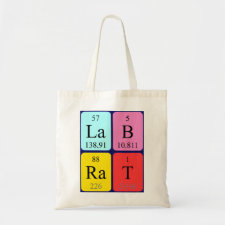
Authors: Hishiya T, Akiyama T, Asanuma H, Komiyama M
Article Title: Molecular imprinting of cyclodextrins leading to synthetic antibodies.
Publication date: 2002
Journal: Journal of Inclusion Phenomena and Macrocyclic Chemistry
Volume: 44
Issue: (1-4)
Page numbers: 365-367.
DOI: 10.1023/A:1023096625484
Abstract: Molecularly imprinted cyclodextrins were applied to HPLC stationary phases for efficient recognition of nano-scaled guests in water. When cholesterol was used as a template molecule, the imprinted polymer selectively retained this guest more strongly and selectively than did non-imprinted polymer. The imprinting effect in the retention behavior was consistent with previously reported physicochemical analyses. Immobilization of the imprinted cyclodextrin polymer on the surface of silica gel in water was also successful. The polymer-silica gel composites obtained had sufficient physical strength, and were useful for HPLC stationary phases. These molecularly imprinted polymers could recognize steroids, amino acid derivatives, dipeptides, and antibiotics. Moreover, we found that the enantio-selectivity toward the template molecules was significantly promoted. This methodology has great potential for the recognition of large guest molecules in water, and can be an alternative to affinity chromatography for the separation of bio-molecules



Join the Society for Molecular Imprinting

New items RSS feed
Sign-up for e-mail updates:
Choose between receiving an occasional newsletter or more frequent e-mail alerts.
Click here to go to the sign-up page.
Is your name elemental or peptidic? Enter your name and find out by clicking either of the buttons below!
Other products you may like:
 MIPdatabase
MIPdatabase









